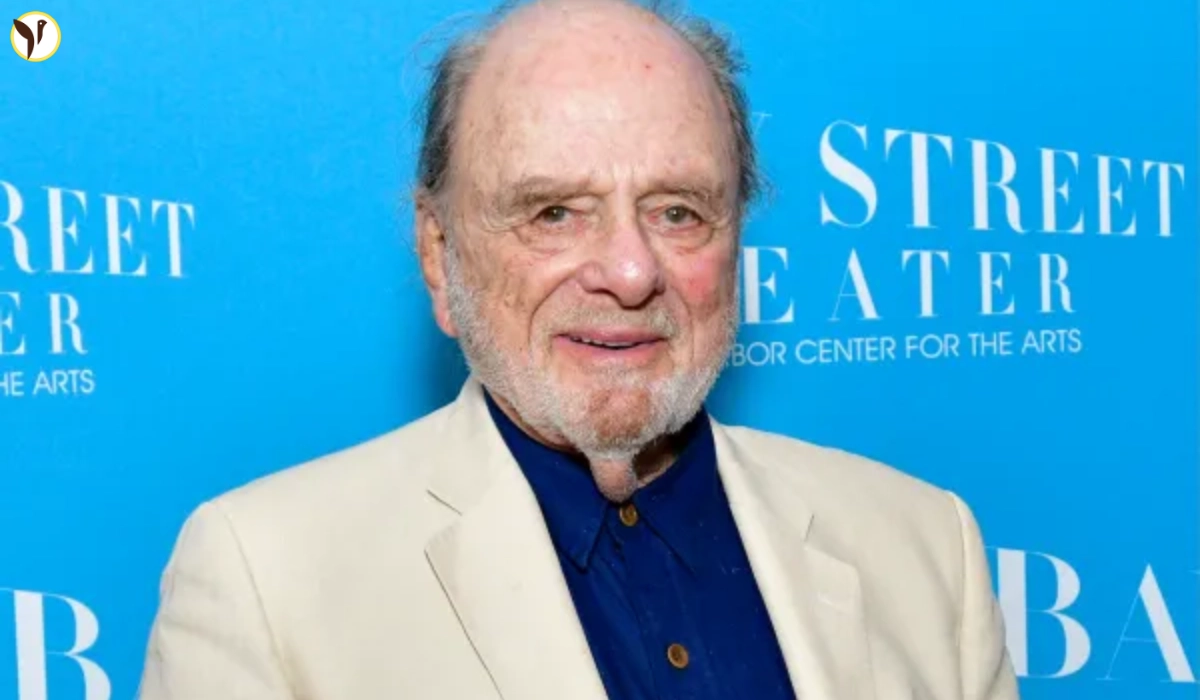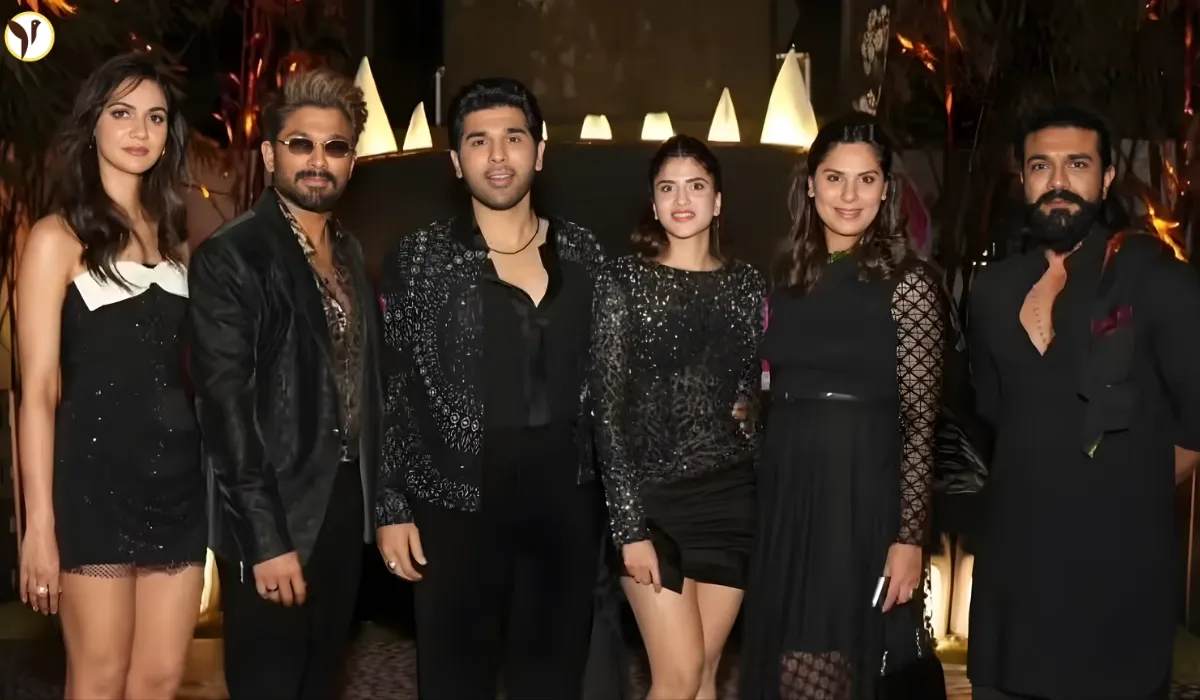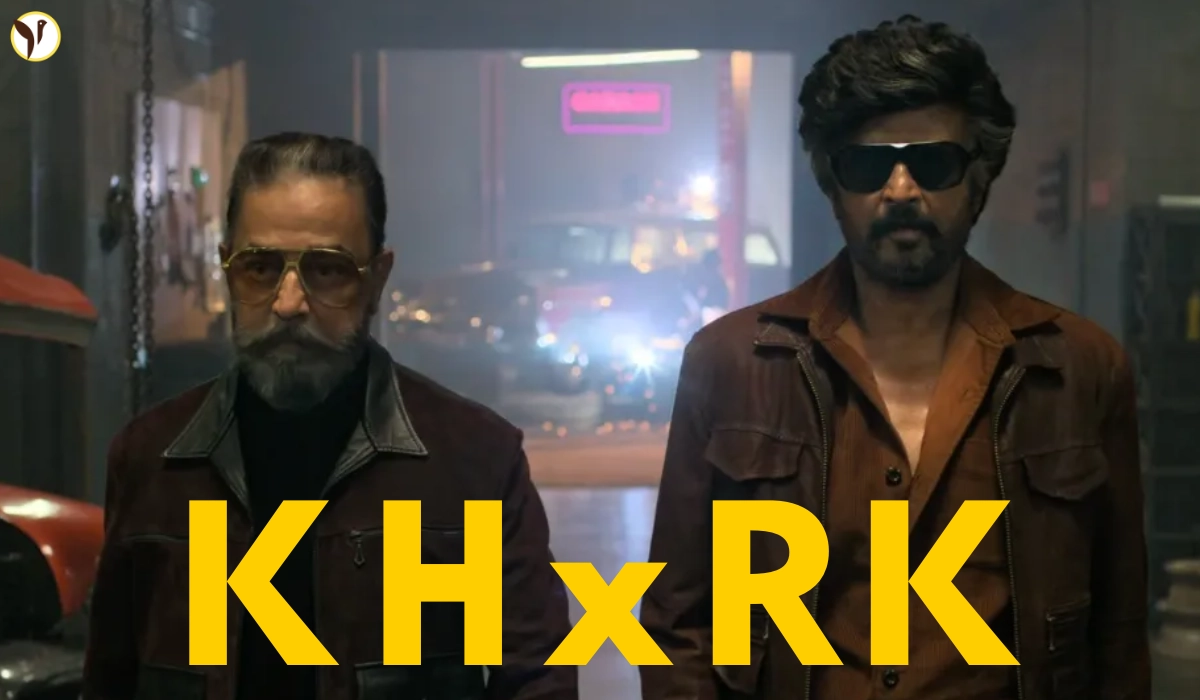There are some actors you’ve seen in a dozen different things, but you might not always remember their name? That was Harris Yulin. Not in a forgettable way—just in that he never tried to be the center of attention. But the moment he walked into a scene, you knew he was important. He was one of those steady, serious performers who showed up, did the job better than most, and left you thinking, “Man, that guy’s good.”
Harris passed away on June 10, 2025, at the age of 87. It happened in New York City. His manager confirmed it was a heart attack. He was still acting. In fact, he was just about to start filming a new series. That part hits hard—knowing he was still working, still excited about telling stories, and then suddenly, it’s just over. There’s something both admirable and heartbreaking about someone staying committed to their passion all the way to the end.
He wasn’t the kind of actor who needed awards or headlines to be respected. He earned that respect the slow, steady way—by consistently delivering great performances for more than sixty years. That’s not an exaggeration either. He worked in film, television, and theatre, and in every single area, he made a real mark.
And honestly, I think that’s why so many people are feeling this one deeply. We don’t always realize how much these actors become part of our lives. But when they’re gone, it’s like a familiar thread has quietly disappeared from the stories we grew up with. Harris Yulin might not have been splashed across magazine covers, but his talent ran deep—and now that he’s gone, you really feel that space.
His Work Was Everywhere—And Always Worth Watching
Harris Yulin had that rare kind of career where, even if you couldn’t place his name right away, you could instantly recall his characters. He was in Scarface back in the '80s, playing the corrupt cop Mel Bernstein. That performance alone could’ve been enough to define a career, but he didn’t stop there. He just kept going—quietly stacking up roles in some of the most respected films and shows across decades.
You saw him in Ghostbusters II, Clear and Present Danger, The Hurricane, Training Day—and probably didn’t realize until later, “Wait, that’s the same guy from Scarface!” He had that chameleon-like quality. He could be a judge, a villain, a mentor, or a tough boss, and it all felt natural. It was like he became the role instead of performing it.
On TV, he popped up in shows like Frasier—where he earned an Emmy nomination for a guest role—Star Trek: Deep Space Nine, Ozark, Veep, and even Unbreakable Kimmy Schmidt. Talk about range. That’s comedy, sci-fi, drama, politics. And he handled each one like he belonged there.
There’s this quiet kind of brilliance in actors like him. He didn’t chase fame, but he built this mountain of work that spoke for itself. It’s the kind of career that young actors would be lucky to study. Not just because he was in great projects—but because he made every single one better by being in it. That’s not something you can fake. That’s just raw, developed talent.
And maybe the best part? He didn’t slow down. Even in his later years, he was still showing up in major shows, still taking on new characters, and still pushing to explore different roles. That kind of love for storytelling? It’s rare—and it’s something people in the business truly admire.
He Was Always a Theatre Man at Heart
What’s amazing is that before all the movie and TV stuff, Harris Yulin was already a well-respected stage actor. He started in the theatre scene in New York in the early 1960s. Back then, he wasn’t chasing celebrity—he was just chasing the work. The story. The connection. And that’s kind of who he always was. Even after he gained recognition in Hollywood, he never left the theatre behind.
He made his Broadway debut in 1980 with Watch on the Rhine and kept returning to the stage throughout his life. Plays like The Diary of Anne Frank, Hedda Gabler, and The Price were all part of his resume. And not just as an actor—he also directed stage productions. He taught acting at places like Columbia University and Juilliard, which tells you a lot about the kind of performer he was. He wanted to share what he’d learned, not just keep it for himself.
People who worked with him in theatre say he was one of the most focused and generous actors they’d ever met. He didn’t need to be the loudest voice in the room—he let the work speak. And that’s probably why he was so respected, even if the general public didn’t always know his name right away.
It’s kind of beautiful to think about, actually. In a world where so many people chase instant fame, Harris built a career on something way more solid. He worked hard, stayed humble, and kept learning. He stayed curious. Even in his 80s, he wasn’t phoning it in. He was still showing up, ready to build something new with a team of artists.
If you ever saw him on stage, you’d understand. He brought the same weight and honesty to theatre that he brought to the screen. He was just present. And that’s what people will miss—not just the performances, but the presence.
🖤 RIP Harris Yulin
— Trek Central (@TheTrekCentral) June 11, 2025
The American actor was 87 and had played over 100 film and tv roles in his career, including Cardassian Aamin Marritza in #StarTrek Deep Space Nine. pic.twitter.com/MJTVbWAwfu









